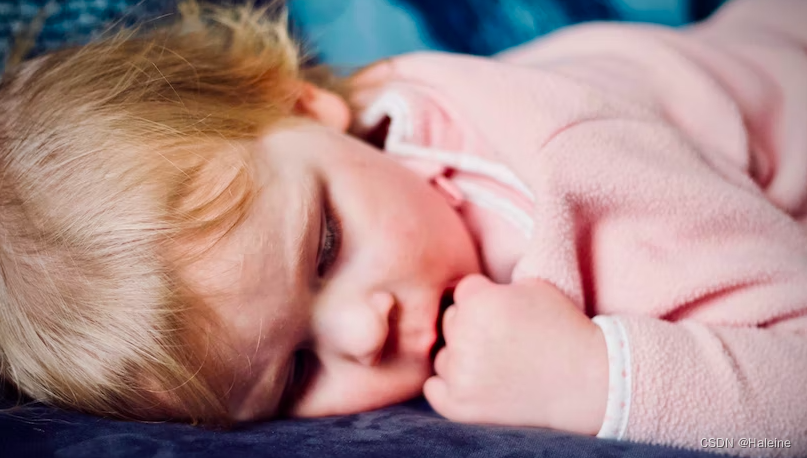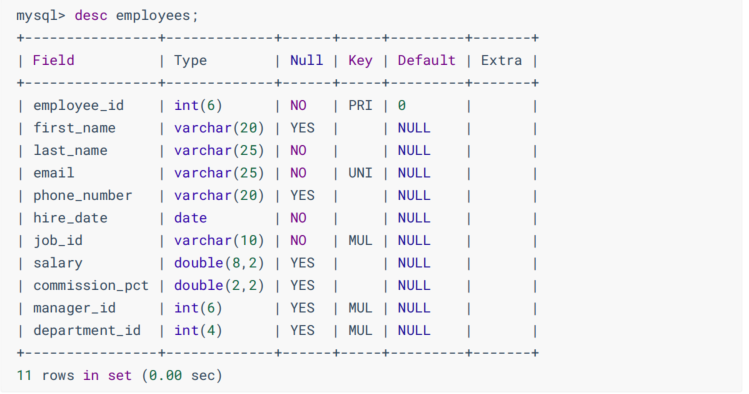What Is Sleep Talking? We Look at the Science
为什么人睡觉会说梦话?来看看科学咋说

Nearly everyone has a story about people talking in their sleep.Though it tends to be more common in children, it can happen at any age:A 2010 study in the journal Sleep Medicine suggested that around two-thirds of people have at least one episode of sleep talking in adulthood.
Sleep talking is not considered a sleep disorder but a normal variation of human sleep behavior.
The International Classification of Sleep Disorders lists sleep talking under “isolated symptoms, apparently normal variants and unresolved issues,” along with things like snoring and sleep starts — the sudden jerking motion some people have when falling asleep, also known as hypnagogic jerks.
However, although sleep talking isn’t a disorder, it can have unwanted impacts on a person’s sleep and on the sleep of someone sharing a room or bed with them.Here, we look at the science behind sleep talking.
- WHAT IS SLEEP TALKING?
Sleep talking, or somniloquy, is when a person makes vocalizations while asleep.These vocalizations can be full words and phrases, or they can be mumblings, shouts or even laughter.
Children commonly talk in their sleep, with half of all kids talking in their sleep once a year or more, and around a quarter sleep talking at least once a week, according to a 1980 paper in the journal Brain & Development.
Most children grow out of these episodes of nighttime babble, though sleep talking can recur later in life, brought on by stress or sleep deprivation, Dr. Jennifer Martin, a professor of medicine and the president of the American Academy of Sleep Medicine, told us.
Around half of sleep talking is incomprehensible, audio recordings from a 2017 study published in the journal Sleep suggested.The same study found that, out of 3,349 understandable recordings, the word that most sleep talkers said was “no.”
As to whether people tell the truth while sleep talking, that’s mostly a myth, Martin said.“It doesn’t seem to be the case that people say their deep dark inner secrets,” she said.
Some people sleep talk in their dreams, saying phrases that align with what they later remember dreaming about, a 2009 study in the Sleep journal found.But most sleep talking is unrelated to dreaming, as it happens while people are in a stage of sleep with fewer dreams, Martin said.
“Sleep talking tends to occur in a stage of sleep that we call non-rapid eye movement, or non-REM sleep,” she said.“During this stage our brain is relatively quiet, compared to what we see during rapid eye movement sleep where we dream.”
- WHAT CAUSES SLEEP TALKING?
Researchers still don’t know what causes sleep talking, but studies that measure brain activity can offer some insight.
Recent analyses show similarities between sleep talking and normal awake speech, St Louis said.Linguistic studies, like the 2017 paper in the journal Sleep, have also shown that the properties of sleep talk — the language, patterns, syntax and semantics — follow the same rules as people’s day-to-day conversations and are therefore comprehensible.
These discoveries further neurologists’ understanding of the sleeping brain and the purpose of sleep itself, which remains understudied, St. Louis said.
Sleep talking could be linked to memory consolidation, when the sleeping brain revisits experiences to commit the important ones to long-term memory.A 2018 review published in the journal Sleep Medicine Reviews suggested sleep talking could sometimes be a verbal replay of the memories the brain is sifting through at the time.
The cause of sleep talking could be different in children and adults, Martin told us.Sleep talking and other unusual sleep behaviors are much more common in kids, and this could simply be the child’s brain “learning what not to do while it’s asleep,” Martin said.It could also be related to the phases of brain development during childhood, she said.
In adults, however, certain conditions and circumstances make sleep talking more likely.For one, sleep talking can have a genetic component: it runs in families, according to a 2001 study published in the journal Psychiatric Genetics.It has also been linked with obstructive sleep apnea — a condition in which people experience pauses in breathing, or shallow breathing during sleep — according to the Cleveland Clinic.



















